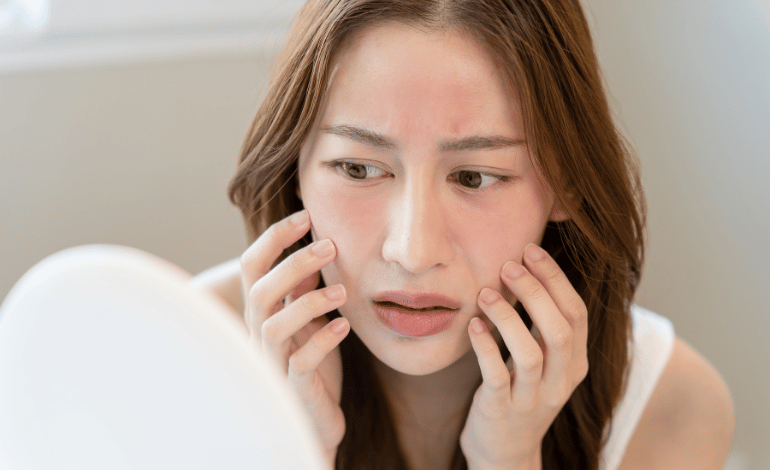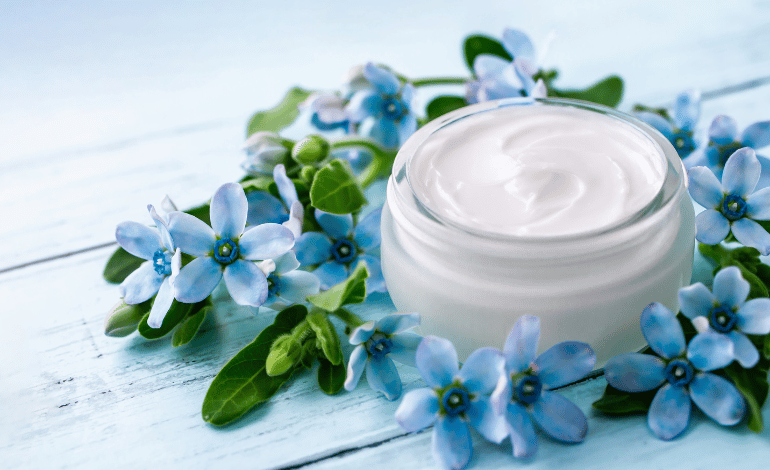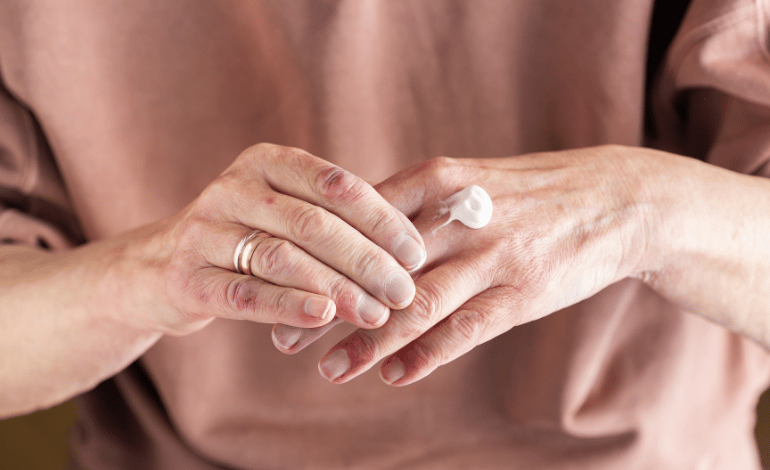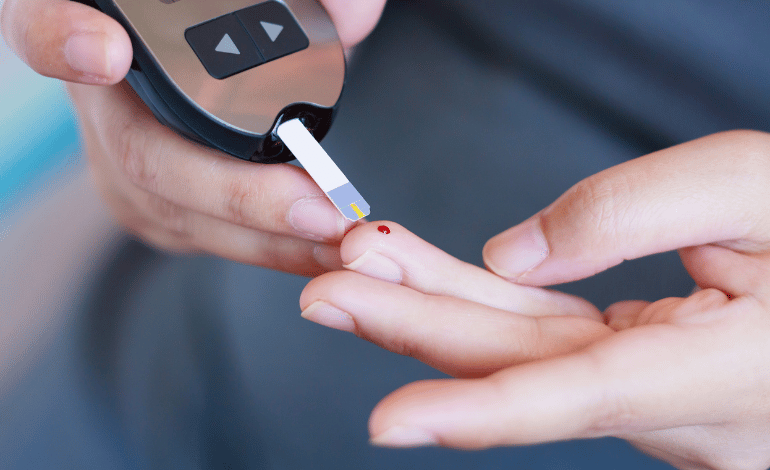21 Successful Tips to Manage Hand Eczema
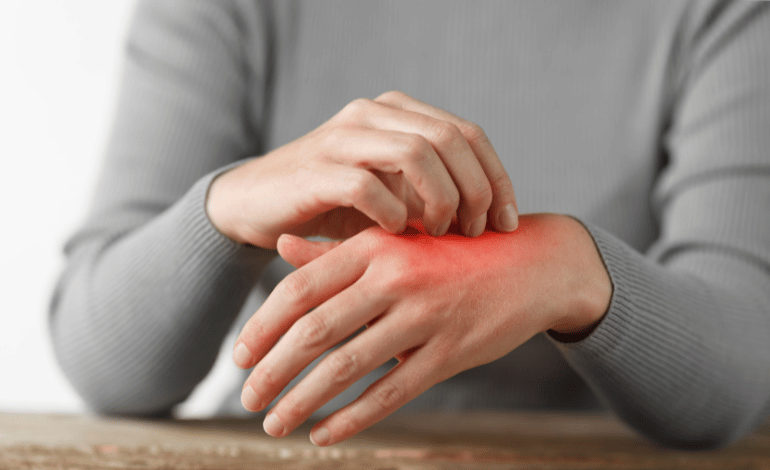
21 Successful Tips to Manage Hand Eczema: Hand eczema, also known as hand dermatitis, is a common skin condition that causes redness, itching, and inflammation on the hands. It can be caused by a variety of factors, including genetics, allergies, irritants, and stress. If you’re suffering from hand eczema, there are several tips and strategies you can use to manage your symptoms and prevent flare-ups. Here are 21 successful tips to manage hand eczema:
1. Moisturize Frequently: Apply moisturizer to your hands several times a day to keep them hydrated and prevent dryness, which can aggravate eczema symptoms. Use a thick, fragrance-free moisturizer that contains ceramides or urea.
2. Use Lukewarm Water: Avoid hot water when washing your hands, as it can strip away natural oils and exacerbate dryness. Instead, use lukewarm water and avoid soaking your hands for too long.
3. Use Mild, Fragrance-Free Soap: Choose a mild, fragrance-free soap that won’t irritate your skin. Avoid antibacterial soaps, which can be harsh and drying.
4. Wear Gloves: Wear nitrile powder free gloves when doing household chores or any activity that could expose your hands to irritants, such as cleaning products or gardening.
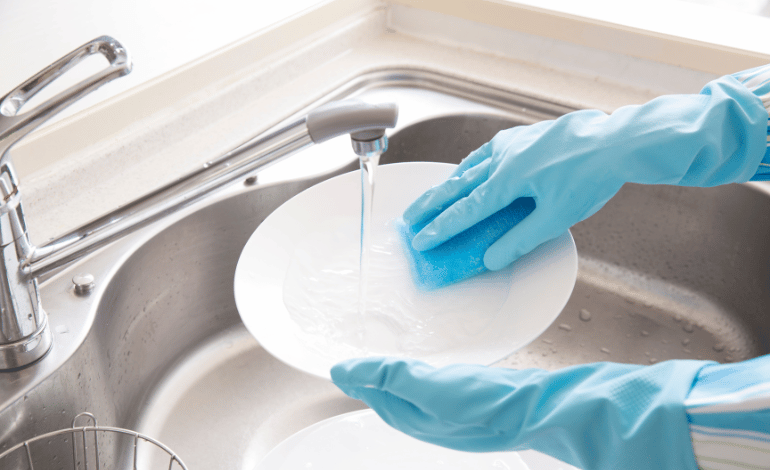
5. Avoid Triggers: Identify and avoid any triggers that can cause a flare-up of your hand eczema. These could include certain foods, allergens, stress, or irritants.
6. Use Gentle Detergents: Use a mild, fragrance-free detergent to wash your clothes and linens, and avoid fabric softeners or dryer sheets that can irritate your skin.
7. Wear Cotton Clothing: Wear loose-fitting, breathable cotton clothing that won’t irritate your skin or trap moisture.
8. Keep your Hands Dry: Avoid excessive sweating or keeping your hands damp for extended periods, as this can worsen eczema symptoms. Use a towel to pat your hands dry after washing or sweating.
9. Avoid Scratching: Avoid scratching or picking at your eczema, as this can make it worse and increase the risk of infection. If you need relief, try applying a cold compress or taking an antihistamine.
10. Use Corticosteroid Creams: Apply a prescription corticosteroid cream as directed by your doctor to reduce inflammation and itching. These creams can be very effective, but they should be used sparingly and only for short periods to avoid side effects.
11. Use Non-Steroidal Creams: Try non-steroidal creams such as calcineurin inhibitors, which can reduce inflammation without the side effects of corticosteroids.
12. Use Antifungal Creams: If your eczema is caused by a fungal infection, your doctor may prescribe an antifungal cream to clear it up.
13. Take Oral Antihistamines: If your eczema is very itchy, your doctor may recommend taking an oral antihistamine to reduce the itching and help you sleep better at night.
14. Avoid Hot or Spicy Foods: Hot or spicy foods can cause sweating and flushing, which can worsen eczema symptoms. Avoid these foods if you notice they trigger your eczema.
15. Manage Stress: Stress can exacerbate eczema symptoms, so it’s important to find ways to manage it. Try relaxation techniques such as deep breathing, yoga, or meditation.

16. Get Enough Sleep: Lack of sleep can also trigger eczema flare-ups, so make sure you’re getting enough rest each night.
17. Stay Hydrated: Drink plenty of water to keep your skin hydrated and prevent dryness.
18. Avoid Alcohol: Alcohol can dehydrate your skin and worsen eczema symptoms, so it’s best to avoid it if possible.
19. Notice Food Triggers: Certain sauces or foods can trigger hand eczema in some people. For example, spicy foods or foods that contain high levels of acidic ingredients like tomatoes, citrus fruits, and vinegar can trigger eczema flare-ups in some individuals. Consider keeping a food diary to help identify any problematic foods or ingredients. If you suspect that certain foods are triggering your eczema, consult with your doctor or a registered dietitian for personalized recommendations.
20. Omega-3 Fatty Acids: Omega-3 capsules may be beneficial for managing hand eczema symptoms. Omega-3 fatty acids have anti-inflammatory properties, which can help reduce inflammation and itching associated with eczema.
21. Be Patient: Hand eczema can be a chronic condition that requires ongoing management. Be patient and consistent with your treatment plan, and don’t be discouraged if it takes time to see improvement.
In summary, managing hand eczema requires a combination of lifestyle changes, skincare practices, and medical treatments. By following these 21 successful tips, you can reduce your symptoms, prevent flare-ups, and improve your quality of life. However, it’s important to remember that everyone’s eczema is different, and what works for one person may not work for another. If your hand eczema is severe or doesn’t improve with home remedies, consult with a dermatologist. They can provide a more specialized treatment plan and prescribe stronger medications if needed.


